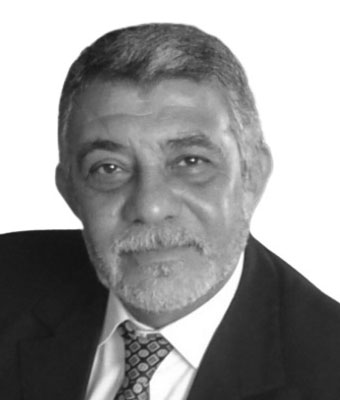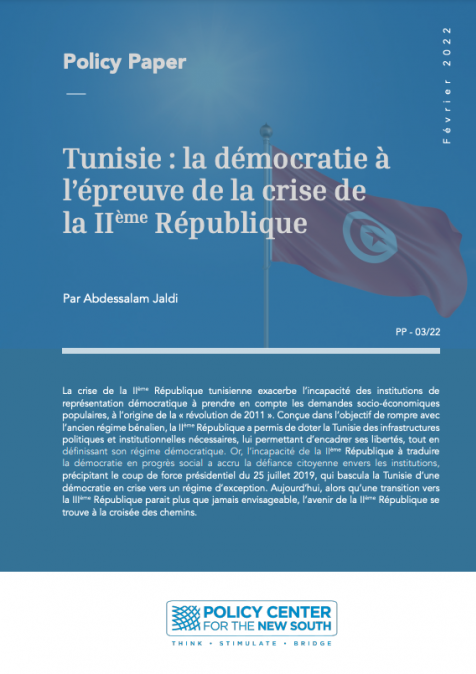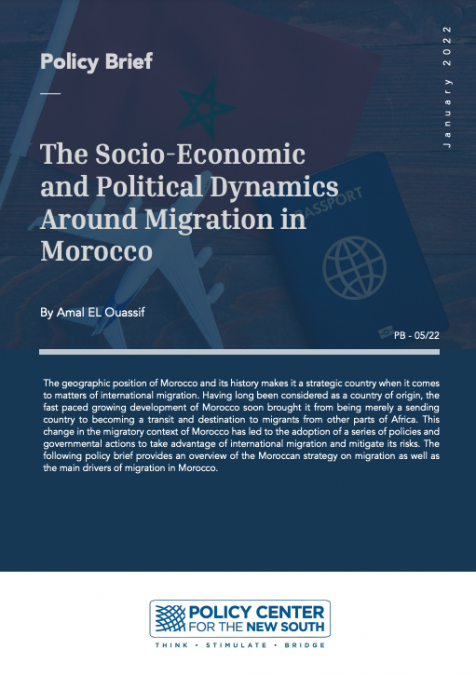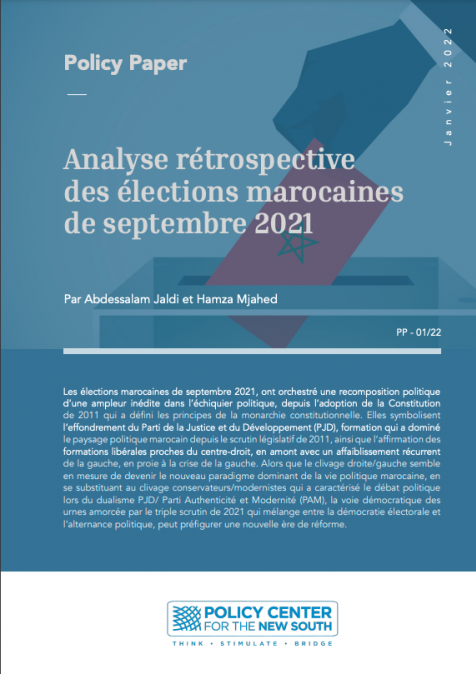يخصص مركز السياسات من أجل الجنوب الجديد حلقة برنامجه الأسبوعي "حديث الثلاثاء" لقراءة في أفق نتائج انتخابات 2021 رفقة محمد أمين بنعبد الله، أستاذ القانون العام وعضو سابق بالمحكمة الدستورية. من المتفق عليه أن الديمقراطية تجاوزت في الوقت الراهن المنطق الانتخابي باعتبارها أسلوبا في إدارة مؤسسات الدولة والشأن العام، بل هي تجاوز كذلك للبعد التقني وأدواته، إلى البعد الثقافي الذي يرتبط بمنظومة قيم، تتكرس عن طريق تربية الفرد وجعله قادرا على استيعابها وتمثيلها، واختبارها على صعيد الممارسة والمنهج، إذ بدون قيم ديمقراطية لا نلمس الأثر المتوخى من الانتخابات. فما هو المسار الذي عرفه الفكر والسلوك الديمقراطي بالمغرب؟ أي علاقة تجمع بين النظام الانتخابي والحياة السياسية؟ في سياق انتخابات شهدت محاولة تكريس الخيار الديمقراطي بمجموعة من الصعوبات التي تترجم تجاذب موازين القوى بين مختلف التيارات السياسية الفاعلة في المشهد السياسي. هل نحن أمام تشكيلة حكومية أحادية التوجه قد تفرز لنا سياسات منسجمة ومستقرة؟ هل تكوين هذا القطب سيقوي المعارضة؟ هل سيؤسس هذا المشهد لقطبية تجمع الحقل السياسي؟ ثم إن هذه المرة الاولى التي تنظم فيها الانتخابات بعد المرور من المجلس الدستوري إلى المحكمة الدستورية. فأي أثر في فهم العملية الانتخابية في ظل الهندسة الدستورية والقانونية كآلية تحكم سير العملية الانتخابية وتضبط نتائجها؟ 30 دقيقة : قراءة في أفق نتائج انتخابات 2021 تسيير : إيمان لهريش، مسؤولة عن المشاريع بمركز السياسات من أجل الجنوب الجديد المتدخل : محمد أمين بنعبد الله، أستاذ القانون العام وعضو سابق بالمحكمة الدستورية








